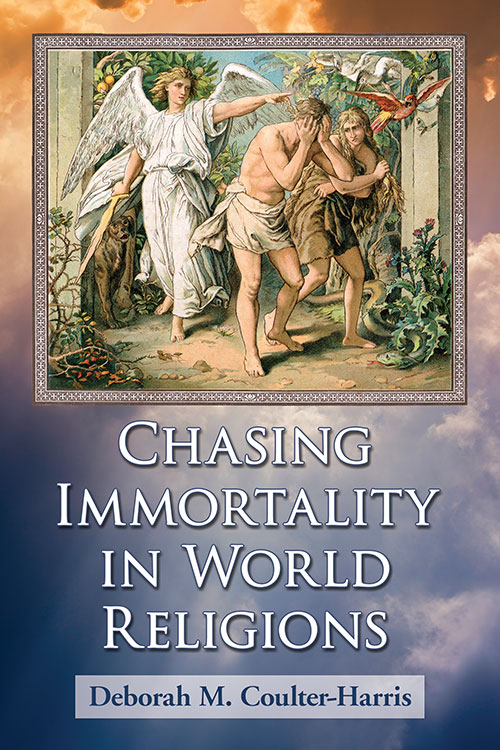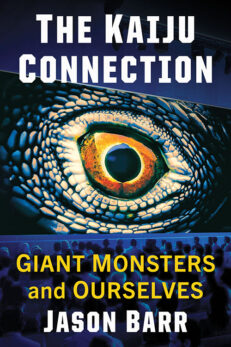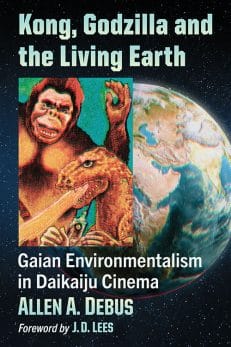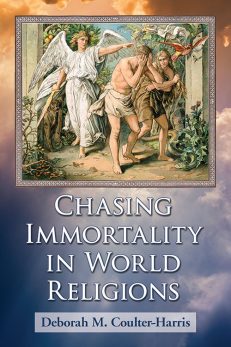Chasing Immortality in World Religions
$29.95
In stock
About the Book
Humans have been chasing immortality since the beginning of history, seeking answers to sickness and aging, death and the afterlife, and questioning the human condition. Analyzing ideas from ancient Sumer, Egypt, Greece and India, as well as the Abrahamic religions of Judaism, Christianity and Islam, this study explores how early religious models influenced later beliefs about immortality, the afterlife, the human soul, resurrection, and reward and punishment. The author highlights shared teachings among the most influential religions and philosophies, concluding that humankind has not substantially changed its conceptions of immortality in 6,000 years. This continuity of belief may be due to chromosomal memory and cultural inheritance, or may represent a fundamental way of conceptualizing the afterlife to cope with mortality. Instructors considering this book for use in a course may request an examination copy here.
About the Author(s)
Bibliographic Details
Deborah M. Coulter-Harris
Format: softcover (6 x 9)
Pages: 216
Bibliographic Info: 9 photos, appendix, notes, bibliography, index
Copyright Date: 2016
pISBN: 978-0-7864-9792-8
eISBN: 978-1-4766-2524-9
Imprint: McFarland
Table of Contents
Preface 1
1. Gilgamesh: So Human a Demigod 7
2. Ancient Egypt: Democratic and Magical Views of Immortality 22
3. Ancient Greece: Defining Immortality in an Age of Gods and Mortals 39
4. Hinduism: An Immortality of Nonexistence 66
5. Judaism: Questioning the Essence of Immortality 83
6. Christianity: Belief and Hope in Eternal Life 100
7. Islam: Declares the Final Revelation on Immortality 120
8. Final Assessment: Reviewing Global Doctrines and Analyzing the Human Condition 137
Appendix: Psalms 157
Chapter Notes 169
References 181
Index 203





